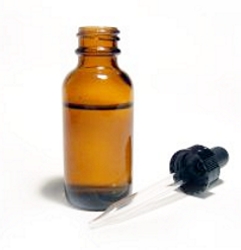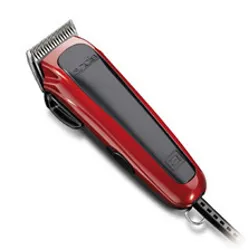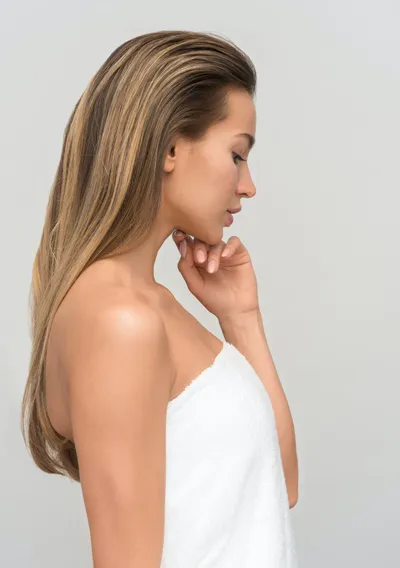
Hair And Surface Tension: The Penny Test
Introduction
In some cosmetology schools teachers will demonstrate the penny test to students to show the principle of surface tension. What is the penny test? In the penny test, three separate experiments are performed using a penny, water, shampoo, ordinary dish soap and an eyedropper. Experiment #1 In the first experiment, using a half-cup of water and the eyedropper, the penny was able to hold 38 drops of water before spilling over off the penny. Experiment #2 In the second experiment, using a half-cup of water and two drops of dish soap, the penny only held 16 drops of liquid before spilling over. Experiment #3 In the final experiment, using a half-cup of water and two drops of shampoo, the penny only held 12 drops before spilling over. Explanation of Surface TensionWhy does this happen and how does it relate to cosmetology?Clairol chemist Dr. Keith Brown explained that the results of the three different penny tests demonstrates surface tension. Dr. Brown said "a water droplet will maintain a circular form due to the surface tension forces, which act to give the drop shape and maintain the minimum surface area possible for its size." He also said "adding more water merely makes the droplet bigger, but with the same general shape. These forces are quite strong and will keep a relatively large water droplet on a penny even though part of the drop may extend beyond the edge of the penny.The drop can support more weight of added water before it collapses and the water falls off the penny."
What happens with the addition of soap or shampoo to the water?
Dr. Brown explained "with the addition of soap or shampoo to the water, the surface tension forces are reduced and the droplets tend to spread onto the penny. These droplets are able to support much less added liquid before reaching the edge of the penny and falling off. The lower surface tension reduces the resistance of maintaining the shape of the droplet. These effects are used in cosmetic science to help liquids spread on surfaces where contact is desired, often called wetting." What does this all prove?Shampoos need to wet the hair and scalp surface to release the dirt and oils in order to clean it. Hair dyes in particular need to spread evenly on the hair surface so that the color is transferred evenly from the liquid to the hair. Hairs pray needs to distribute a uniform film of resin on the hair, which can be achieved by using a low surface tension liquid like alcohol to spread the resin on the hair." SummaryIn essence the penny test conclusively proves the importance of getting the hair and scalp wet enough to release any dirt and oils so that it can be properly cleaned. One of the mistakes hair consumers make when they cleanse their hair is not getting it wet enough before they apply shampoo and thus are not able to appropriately active the properties of the shampoo they use. It's certainly an interesting test which clearly proves a point about hair care. Social Media Network InformationPlease follow me on Twitter at: http://Twitter.com/HairBoutique. I look forward to meeting new Thank you for visiting us at The HairBoutique Blog and for leaving your comments. They are very much appreciated. We apologize in advance but must remove any direct advertisements or solicitations. - Revised Publication Date: 02/15/11
| ||||||
| If you want to talk more about this or other hair care articles on HairBoutique.com or anywhere else, please post a message on HairBoutique.com's Hair Talk Forums.
|
Social Media Network Information
Please follow us on Twitter at: https://Twitter.com/HairBoutique. I look forward to meeting new people from all walks of Twitter and learning from their Tweets.




















